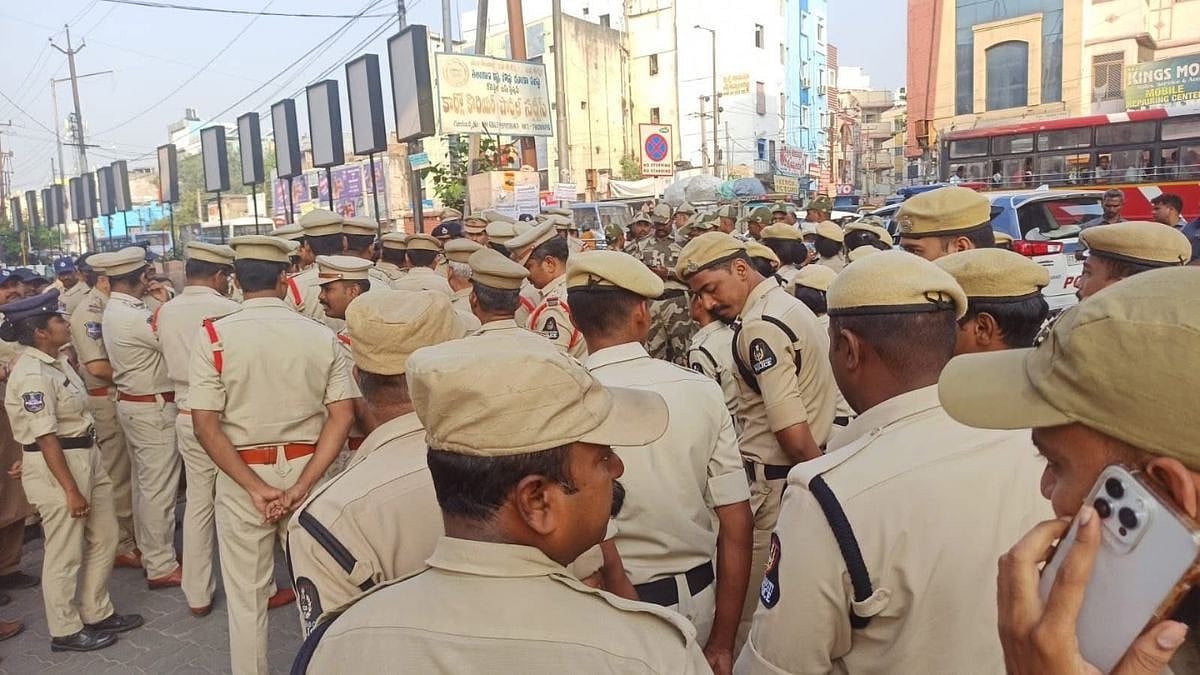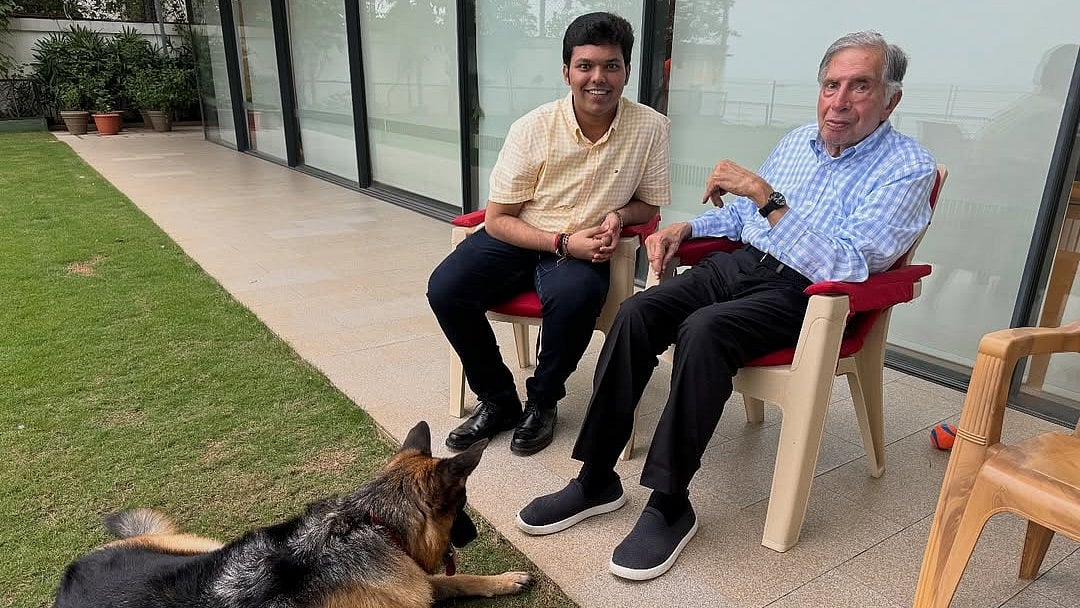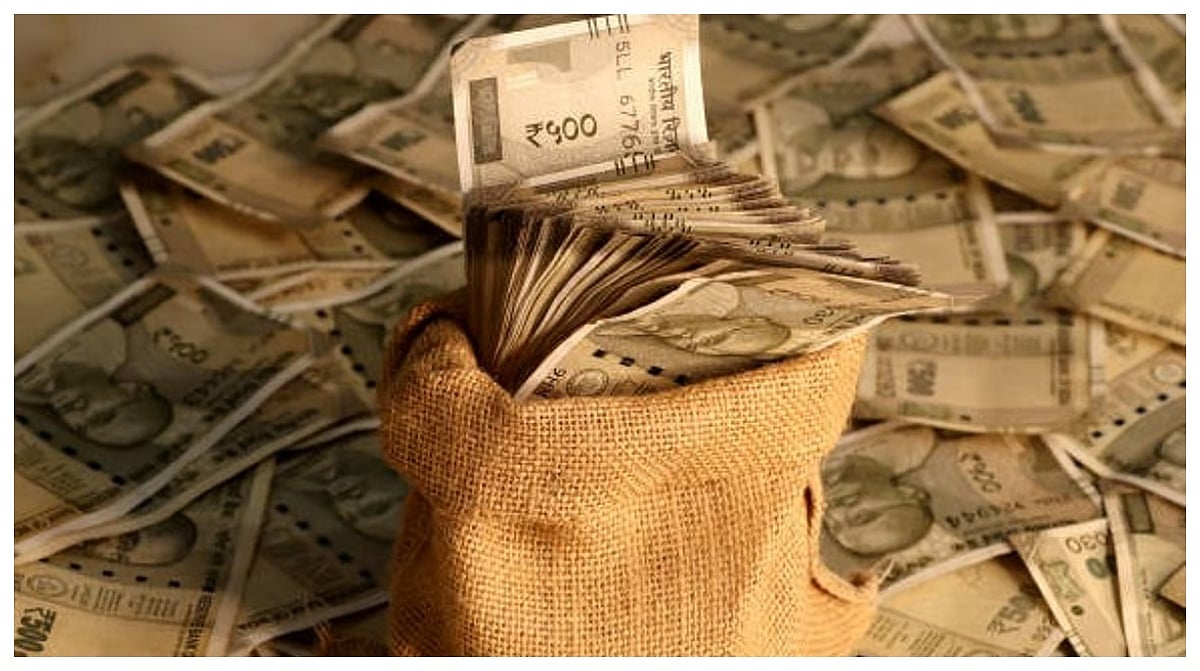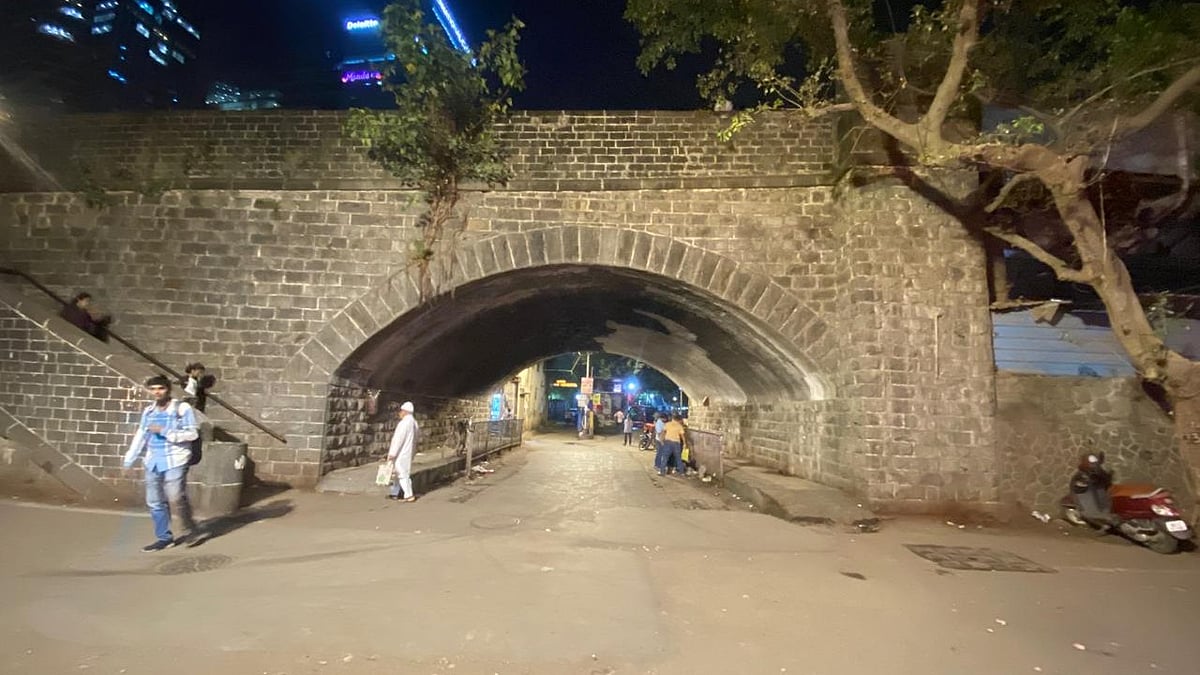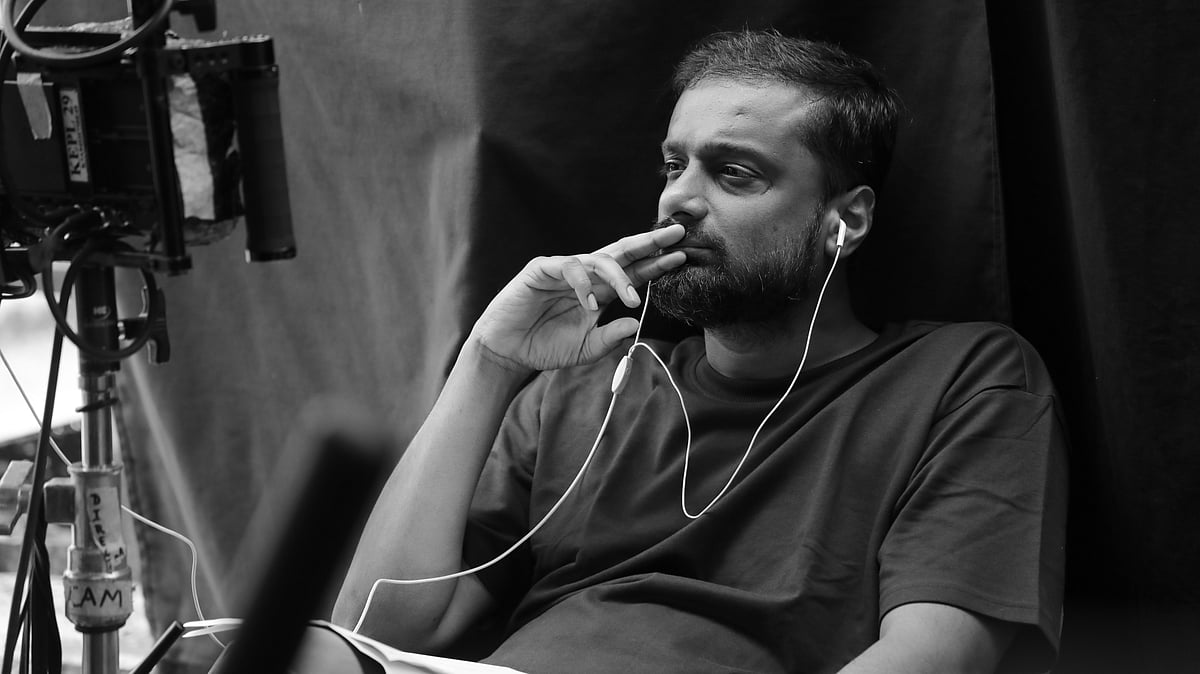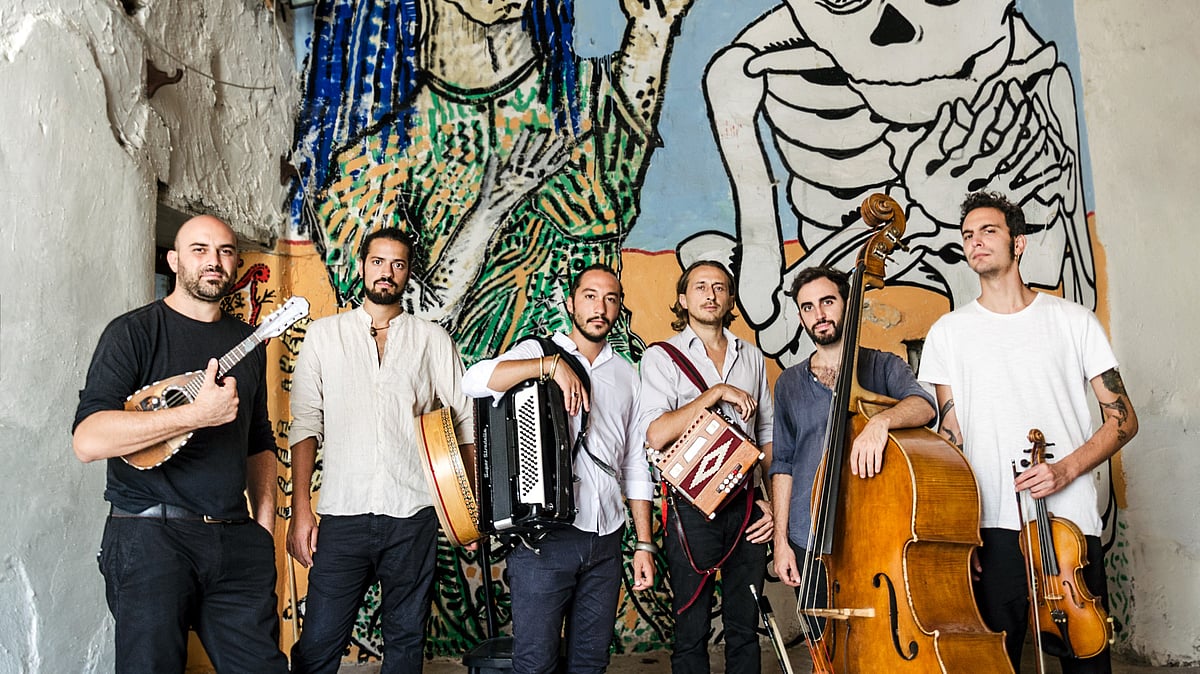In the realm of literature, where imagination intertwines with ancient lore, Amish Tripathi weaves fascinating tales of mythical wonder. Amish has a penchant for conjuring worlds where gods and goddesses, mythical creatures, and timeless legends come to life in his books.
Amish, recently unveiled the companion volume to Dharma, titled Idols, co-authored with Bhavna Roy. The book offers a thought-provoking glimpse into the practice of idol worship in India and around the globe. Amish and Bhavna deftly weave stories from ancient traditions and simple explanations of religious philosophies in the form of conversation between a group of family and friends. Idols makes for an insightful read for those interested in spirituality and mythology.
During the book launch in Mumbai, The Free Press Journal caught up with the author to learn more about his book and Diwali.0

Excerpts from the interview:
Tell us about your new book Idols, where you are raising some serious issues like idol worship in a fictional manner. What was the driving force behind writing the book?
In our Foreword, we have alluded to the personal reasons that motivated us to write this book. All three incidents were indicative of a vague unease with the idea of idol worship, which appeals to our hearts — a mode of worship practised by our ancestors for millennia — but arouses conflict in our minds. It appears silly to some and downright wrong to many others. This prejudice against idol worshipping has resulted in the global destruction and overwriting of ancient Pagan ways of worship and spirituality. After all, Pagan worship was awash with symbols and mythology the world over.
We are the last surviving idol worshipping culture that has refused to die out or be driven into the cloistered rooms of museums and academies. In Bharat, it is a vibrantly lived way of life. Both of us are proud idol worshippers and with this book, we share our reverence and love with you. We hope it resonates with you and brings your mind in alignment with the tug that our deities exercise over your heart.
You are collaborating with Bhavna for the second time, how did you two get together?
Didi and I have always enjoyed a mutual love for our stories, epics, philosophical discussions and rites and rituals. Our family traces its roots to Kashi in UP and Gwalior in Madhya Pradesh. Our parents inculcated a liberal spirit and grounded us in our cultural practices and norms. They saw no contradiction in this.

My family has played a large role in the germination and fruition of the stories in my books. My fiction books are compelling stories as a front-end, with philosophies comprising the back-end anchor. These philosophies are sourced from our Puranas, Upanishads and Itihasas. Didi and I teamed up to invert this pattern and write books which are front-end philosophy and have a seamless storyline as the back-end.
Your books are rooted in Indian mythology, what is it that draws you to them?
Stories from our Puranas and Itihasas played a pre-eminent role in my formative years. My grandfather taught physics and mathematics at BHU and was also a pandit and a scholar of our religious texts. Our childhood was replete with these stories. It is deeply ingrained in my mental makeup. As for the stories I write, in all honesty, I don’t know where they come from. I have always called them the blessings of my Ishta Devata — Lord Shiva. I hope His grace remains upon me for all my remaining days.
What do you find most challenging about writing fictional tales rooted in mythology, and how do you overcome it?
It is not a challenge. It is a blessing from above. I have only faced writer’s block once in my life. This happened when I lost a few very central people in my life and faced some personal setbacks. Lord Shiva pulled me out of the psychological morass I had sunk into, and pushed me back towards my muse: my writing. It was music that got me out of the brief writer’s block of a few months. But that is the only time, otherwise, it’s normally on tap, I open the laptop and the story just flows.
How would you describe your books, to readers who aren’t familiar with your writing?
As far as fiction books are concerned, from what I have been told by the readers, the stories are fast-paced so you can enjoy yourself. Most people tell me that they finish my books in one or two sittings. You learn some of our philosophies, ancient traditions and the Indian way of life through these books as well.
The non-fiction books are straight-on philosophical without the wrapper of a story but these books, which both my sister and I have written, to make them more engaging, we write them in the form of conversations. The way the Socratic dialogues used to be written rather than the modern Western way of writing non-fiction books like textbooks.
Can you share a memorable experience or anecdote from your writing journey?
Cream biscuits play a strange role in my writing endeavours. I find myself drawn to them when I settle down to write. As an aside, it invariably makes me put on weight as well, during my writing breaks. A reader once sent me a box full of my favourite cream biscuits and urged me to get down to writing. He was craving for the next book in the Ramchandra series!
What is your favourite book that you’ve written, and why?
You can’t ask an author which is his favourite book, that’s like asking a parent who is their favourite child. All my books are my favourite. The Immortals of Meluha was the beginning of my journey, so it is emotional for me but I love all my books equally.
What role do your own experiences and emotions play in shaping your stories?
I think our personal experiences and emotions play a vital role in all aspects of our lives, especially in the works of creative people. Our experiences add dimensions to our personalities and emotions are the fuel of expression. Our emotions also find resonance in our imaginative world.
The book on Ravan was written during a very challenging emotional period in my personal life when I lost my father figures. The emotional unravelling, I feel, gave depth to Ravan’s grief, anger and darkness. The books on Sita Ma and Shri Ram were written in happier times. It reflects in the playfulness that you find, especially in parts of the book on Sita Ma.
What are you working on next? Can you give us a sneak peek?
I am working on a book on the great Indian emperor, Rajendra Chola. I hope to have that out soon. And then of course, I have to start writing the fifth book of the Ramchandra series which can also be read as the minus one book of the Shiva trilogy. That book is titled The Rise of Meluha.
What according to you is the mythological and ideological significance of Diwali?
Diwali, for us, is the festival of lights. It is a day of celebration and joie de vivre. Celebrated on Amavasya of the month of Kartik in North India and Ashwin in south India, it commemorates the return of Lord Ram, Sita Ma and Lord Lakshman to Ayodhya after Lord Ram defeats Ravan in Lanka. Ayodhya lights up. And so does the rest of Bharat!
Can you share a memory or story that highlights the special meaning of Diwali for you?
Diwali, as always is the time when the family is together. We do our puja, buy new clothes, burst crackers and have great food. We celebrate Goddess Laxmi, and Lord Ganesh in our puja. It is a wonderful time for the family and connection to our culture and tradition.
What do you love the most about Diwali and also hate?
What I love about Diwali is the public celebrations, the festivities and the reconnection to our culture, it’s all lovely. The lighting all over India, in all the cities, the diyas — it’s beautiful. One thing I don’t like, actually I won’t say I don’t like it but it is perhaps a bit of an excess; where in India, Diwali has become what sadly the westerners have made out of Christmas. It is just all about shopping — nothing wrong with shopping but if we follow the Western tradition of making their greatest festival only about shopping and we do that to Diwali as well then we lose out on what is beautiful at the heart of this festival which is tradition, culture and family.

